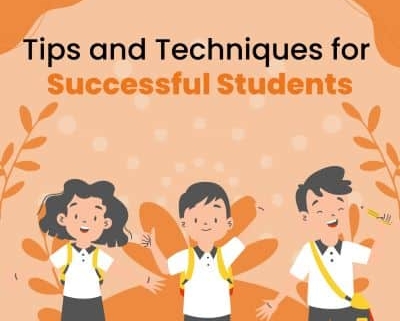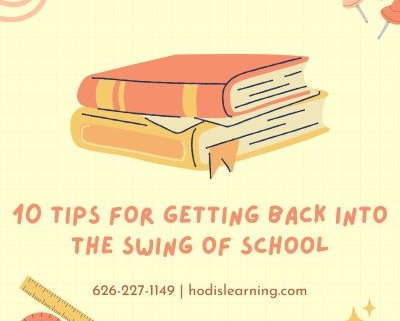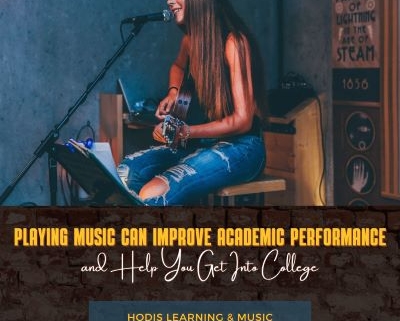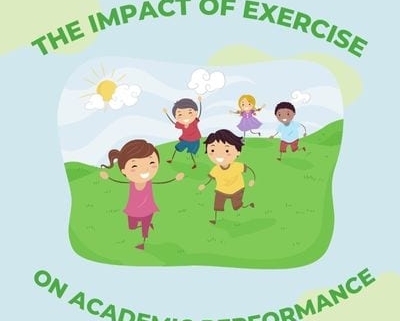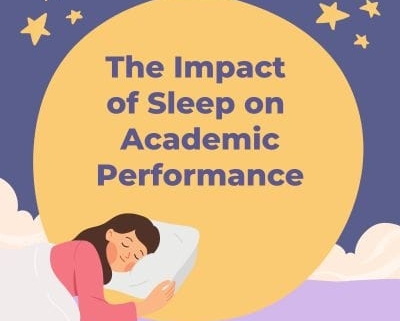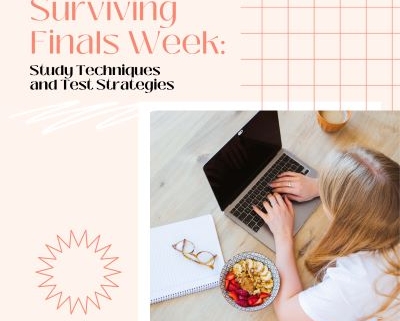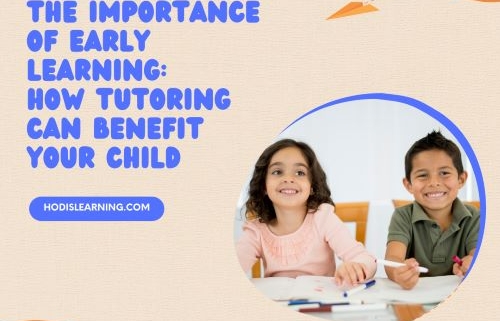Successful students have good study habits. They apply these habits to all of their classes, regardless of the difficulty of the subject matter. There are many different study habits that can be helpful, but some of the most common and effective ones include:
- Set specific goals for your study time. Before you start studying, take a few minutes to think about what you want to accomplish during your study session. This could be something like reading a certain number of pages in your textbook, completing a practice worksheet, or reviewing your notes for a test. Having specific goals will help you stay focused and motivated.
- Find a study environment that works for you. Some students prefer to study in a quiet library, while others prefer to study at home or in a coffee shop. Experiment with different study environments to find one where you can focus and avoid distractions.
- Take breaks. It is important to take breaks while studying, especially if you are studying for a long period of time. Get up and move around every 20-30 minutes to avoid getting burned out. You can also take a longer break to eat a snack, go for a walk, or talk to a friend.
- Use active learning strategies. Active learning strategies, such as creating your own test questions (self-testing), teaching the material to yourself (self-explanation), and asking “how” and “why” questions to build connections between ideas (elaborative interrogation), are more effective than simply reading over your notes or textbooks. Active learning helps you to engage with the material and process it more deeply.
- Review your notes regularly. Don’t wait until the night before a test to start studying. Review your notes regularly so that you can keep the information fresh in your mind. This will also help you to identify any areas where you need additional review.
Tips & Techniques for Better Learning
- Use spaced practice. Spaced practice, or spaced repetition, is a learning technique that involves reviewing information at gradually increasing intervals. This helps to move the information from your short-term memory to your long-term memory. There are many different spaced repetition tools available, such as flashcards, apps, and software programs.
- Use mnemonic devices. Mnemonic devices are memory aids that can help you remember information. For example, you might use a song, acronym, or rhyme to remember a list of items. Mnemonic devices can be especially helpful for memorizing complex concepts or formulas.
- Get help when you need it. If you are struggling with a particular concept or topic, don’t be afraid to ask for help from your teacher, a tutor, or a classmate. There are also many online resources available, such as Khan Academy and YouTube tutorials.
Tips for Developing Good Study Habits
- Create a study schedule. Set aside specific times each day or week to study. This will help you to stay on track and avoid procrastination.
- Find a study buddy. Studying with a friend or classmate can help you to stay motivated and focused. You can quiz each other, review material together, and discuss difficult concepts.
- Take care of yourself. Getting enough sleep, eating healthy foods, and exercising regularly are all important for optimal learning.
Developing good study habits takes time and effort, but it is worth it in the long run. By following the tips and techniques above, you can improve your learning and achieve your academic goals.
Additional Tips for Successful Students
- Be organized. Keep your notes, textbooks, and other school supplies organized so that you can easily find what you need.
- Manage your time effectively. In addition to studying, you also have to make time for other activities, such as extracurricular activities, social events, and family obligations. Create a to-do list each day or week to help you stay on track.
- Be proactive. Don’t wait until the night before a test or assignment to start studying. Start working on your assignments as soon as possible and ask for help if you need it.
By following these tips, you can set yourself up for success in school and beyond.
Try Expert, Customized Tutoring or Academic Coaching at Hodis Learning & Music
Hodis Learning & Music provides expert, individualized academic tutoring for specific subjects and academic coaching for developing overall study, organizational, and time-management skills. Our tutors and coaches work with students of all ages and backgrounds. Learn more about our services by calling or emailing us today!

